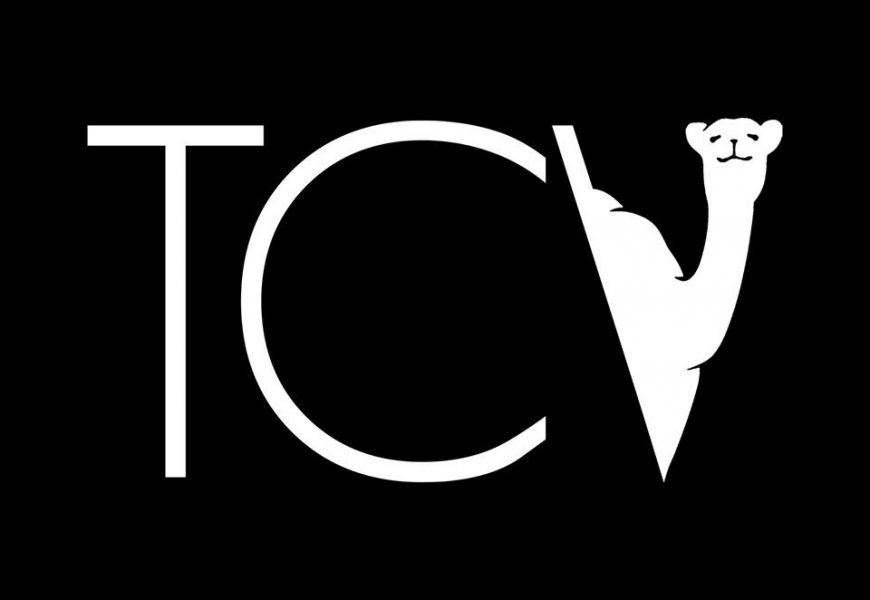On November 12, Professor Julia Flagg, an environmental sociologist and Director of the Environmental Studies program at Connecticut College, delivered a talk to a packed house in Shain Library’s Charles Chu Room to coincide with the launch of her new book: “Aiming for Net Zero: Costa Rica’s Green Elite and the Struggle to Mitigate Climate Change” (published this year via The MIT Press). During this impassioned presentation, Flagg chronicled the ups and downs of climate mitigation in Costa Rica, from the early post-colonial period to the present day. Today, Costa Rica is widely recognized for their leadership in green energy, and sustainable practices, which Flagg traces back to their egalitarian society—developed in part due to the lack of complete institutional control by the Spanish. A universal education system was established in the 1880s, and nearly seventy years later, President José Figueres Ferrer introduced a wealth tax, which gave rise to an elite class and fostered greater environmental awareness among citizens—an approach not seen in other Central American countries.
Flagg stressed that having a socially cohesive and aware movement, such as in Costa Rica, is possible due to these “green elites.” One student asked during this talk if Costa Rica’s efforts are an applicable blueprint for green initiatives in the United States. Flagg responded by stating that the United States is too big and dispersed with too many differing factions, making it impossible to conceive a universal plan for sustainable development. Costa Rica is the ideal, with a majority of the population living in the San José metropolitan area. Other smaller nations with strong interconnected environmentalists may be successful in following Costa Rica’s model.
The rest of the talk focused on the four modern periods of climate action, beginning in the 1980s, with the separation of the environment from development, and the establishment of the Ministry of the Environment. The next period began during the mid-90s when Costa Rica’s money dried up as they moved out of the “developing nation phase.” President José Maria Figueres had to get creative with funding and became one of the pilot nations for the United Nation’s Activities Implemented Jointly program (UN AIJ), initiating funding towards reforestation and clean energy projects. At the turn of the century, Flagg highlighted Costa Rica’s drive to have peace with their environment and become leaders on the global stage. Diplomat Christiana Figueres became the United Nations Framework Convention on Climate Change’s (UNFCC) executive, and pushed for the biggest international treaty on climate change, getting much of the world on the same page. Lastly, Costa Rica joined the Beyond Oil & Gas Alliance as chair along with Denmark, to set a date to end dependence on their production.
The talk ended on a bit of a dark note, as Flagg detailed massive labor strikes in 2018 under pro-environmental president Carlos Alvarado Quesada, drawing environmental initiatives to the back burner of national priorities. In 2022, right-wing President Rodrigo Chaves was elected, defeating former president José Maria Figueres, prompting Costa Rica to withdraw as chair of the Beyond Oil & Gas Alliance. Despite the numerous blows environmentalists have taken in Costa Rica over the past few years, we should still value their great strides toward a greener future as a blueprint for future action. It was wonderful to attend such an engaging talk, which drives us to think, in a world where the climate is ever-changing, just what will Costa Rica and the rest of the world do next?










